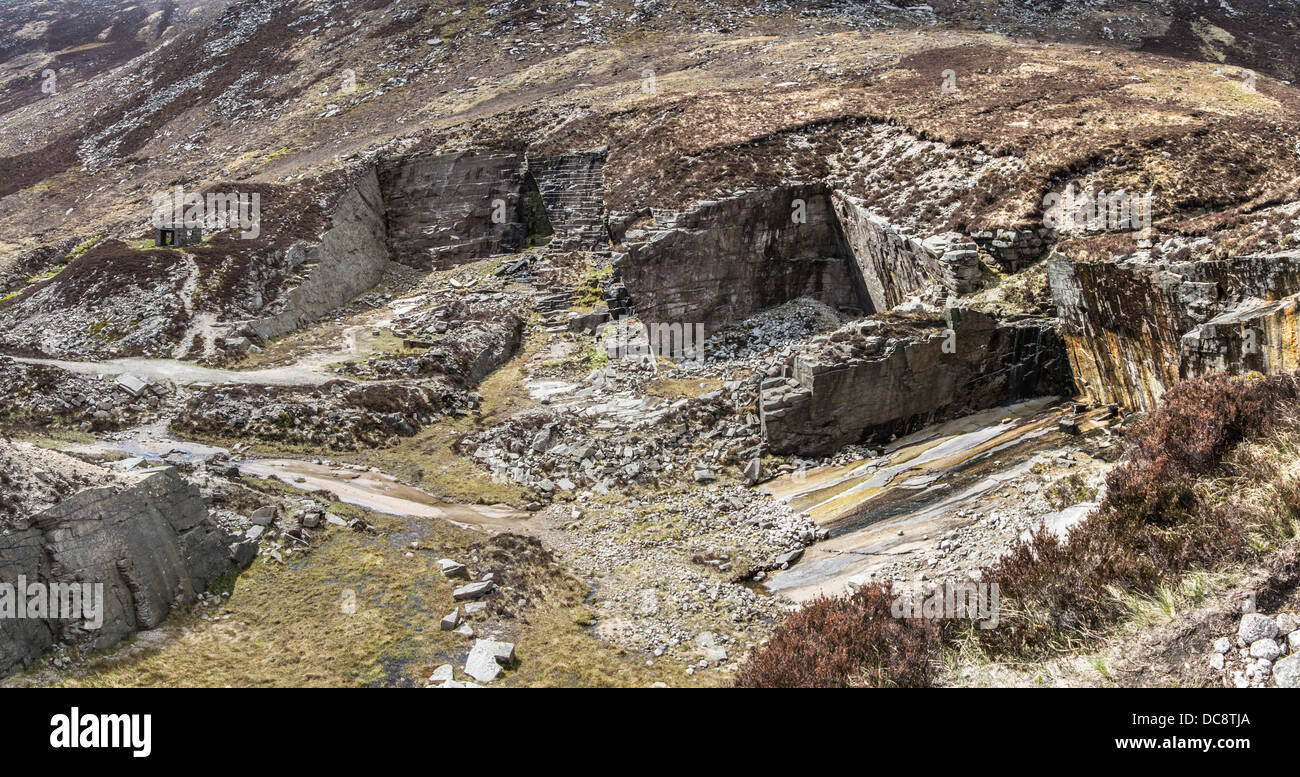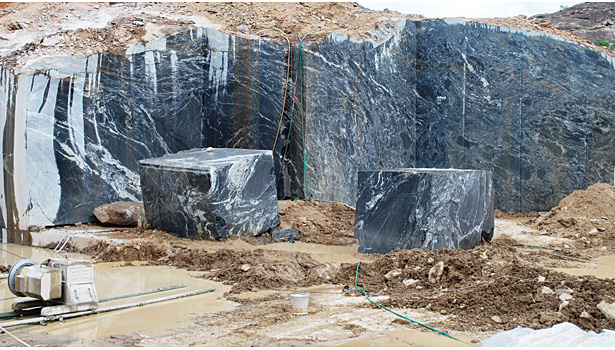Uncovering the Rich Background and Sustainable Practices of Granite Quarrying
As we stand on the precipice of uncovering the elaborate tapestry of granite quarrying, a trip with time exposes not simply the physical act of extracting rock but likewise the social and historical value woven right into the extremely material of this method. From the ancient beginnings that laid the structure for contemporary quarrying strategies to the lasting techniques that are shaping the future of this industry, each sculpt mark on granite surface areas narrates waiting to be discovered (granite quarries in south africa). The tradition of granite quarrying extends much past plain extraction; it is a testament to human ingenuity, durability, and the enduring appeal of this magnificent stone
Ancient Beginnings of Granite Quarrying
Dating back to ancient civilizations, the method of quarrying granite has been an important component of human background and building innovation. The earliest evidence of granite quarrying days back to ancient Egypt, where substantial pyramids and intricate sculptures were crafted from this long lasting rock. The Egyptians utilized primitive tools to remove granite blocks from quarries, showcasing the importance of this product in their monumental building and constructions.
Moving ahead in history, the Greeks also made considerable payments to the quarrying of granite. The Greeks made use of granite in different building marvels, such as temples and sculptures, demonstrating their skill in shaping and sculpting this sturdy rock. The Romans additionally improved the strategies of quarrying granite, utilizing sophisticated devices like chisels and hammers to remove and shape granite for their legendary structures.
With the centuries, the method of quarrying granite has actually advanced, with modern technologies boosting effectiveness while keeping the timeless allure of this natural rock - granite quarries in south africa. From ancient civilizations to contemporary contractors, the legacy of granite quarrying remains to form our globe
Evolution of Quarrying Methods
The development of quarrying strategies has been noted by a continuous progression in the direction of better effectiveness and accuracy in extracting granite. Early quarrying strategies included hands-on labor with fundamental devices such as blades, hammers, and wedges to extract granite blocks from the earth.
Improvements in computer-controlled equipment and 3D modeling have actually maximized quarrying procedures, leading to minimal ecological impact and improved sustainability practices. As the demand for granite continues to increase, the development of quarrying techniques continues to be essential to conference sector requires successfully and sustainably.
Cultural Relevance of Granite
Granite holds a profound social relevance across different civilizations due to its long-lasting existence in building masterpieces and admired monoliths. From the majestic pyramids of Egypt to the complex makings of the Angkor Wat temple in Cambodia, granite has been a material of choice for revealing majesty and longevity in cultural heritage. In ancient Rome, granite columns adorned holy places and public buildings, representing stamina and durability. The cultural significance of granite extends beyond its physical features; it personifies durability, stability, and timelessness, making it a symbol of sustaining heritages and customs.

Sustainable Practices in Quarrying
In the middle of the rich history of granite quarrying and its cultural relevance lies an expanding emphasis on lasting techniques within the market. As environmental understanding and issues concerning resource deficiency have actually enhanced worldwide, the have a peek at this site quarrying field has actually progressively embraced sustainable approaches to minimize its influence on the environment and surrounding neighborhoods.

Moreover, recovery and rehabilitation of quarry sites post-extraction are important to lasting techniques. By restoring quarried areas to a natural or beneficial state, such as creating wild animals habitats or entertainment rooms, quarriers can counter the ecological footprint of their procedures and add favorably to the neighborhood environment.
Tradition of Granite Quarrying
With a historical backdrop steeped in workmanship and industrial progress, what withstanding influence has granite quarrying left on the landscape of modern-day society? The tradition of granite quarrying visite site goes beyond simple removal practices; it has formed building wonders, urban landscapes, and social heritage worldwide. The durable nature of granite has made it a preferred choice for monuments, buildings, and framework, standing as a testament to the skill and virtuosity of quarry employees throughout generations.
In addition, the economic footprint of granite quarrying can not be ignored. The sector proceeds to supply job opportunity and drive local economies in regions where granite removal prevails. It has also stimulated technical developments in quarrying techniques and equipment, leading to much more reliable and lasting techniques.
In terms of sustainability, the legacy of granite quarrying consists of efforts to alleviate ecological effects with recovery tasks and responsible resource management. By balancing financial rate of interests special info with environmental stewardship, the market aims to guarantee that future generations can remain to gain from this enduring natural deposit.
Verdict

Comments on “Discovering Granite Quarries in South Africa Sector: From Quarry to Masterpiece”